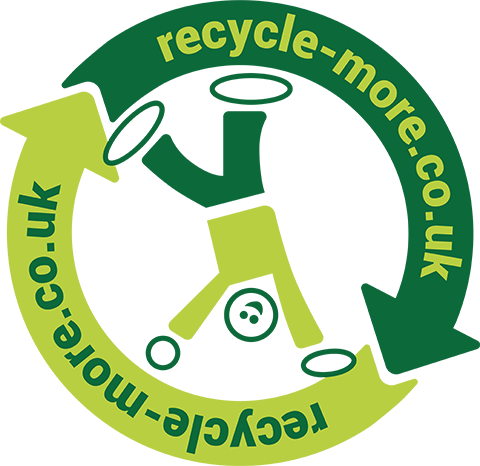
Revamp your beauty routine: Tips for a greener clean-up
Shauna Coates
March 8, 2023
The beauty industry has a significant impact on the environment, from excessive packaging to the use of harmful chemicals. In 2020, The British Beauty Council agreed that the cosmetics industry needed to take urgent action to address climate change. Since then, consumer demand for sustainable and ethical cosmetics has surged, due to an increase in awareness campaigns in the news and on social media, which have highlighted the harmful impacts beauty products can have on the environment. And brands and producers have responded to consumer demand with many now producing sustainable alternatives for eco-conscious customers.
Below I have listed 5 tips to a cleaner beauty routine to help minimise some of the negative impacts cosmetics and toiletries have on the environment.
Use shampoo and soap bars
Each year, millions of tonnes of single use plastic, such as shampoo and soap bottles, are thrown away often ending up in landfill or the ocean. Switching to plastic-free shampoo and soap bars will reduce the amount of plastic waste we produce. These products either come without any packaging or are wrapped in recyclable paper or boxes. Shampoo and soap bars are perfect for travelling, as they aren’t affected by the liquid allowance and take up less room than plastic bottle alternatives. Simply pop the bar in a zip-lock bag or tin and throw it in your bag to take with you. Also, shampoo bars are more concentrated than liquid shampoo, meaning they last much longer, which saves money because you won’t need to buy them so frequently.
Opt for refillable products
The range of refillable cosmetic products on offer has grown over the past few years, with some refillable products being sold in major supermarkets and high street stores. A variety of cosmetics from perfumes, shower creams and fake tans are now being sold in refill packages, where consumers buy starter packs, which can be refilled from pouches or cartridges once the product runs out. Find out more about refillable beautySwitch from makeup remover wipes to hot cloth cleansing
According to Glamour, the UK alone throws away 11 million wet wipes every year! These often end up in landfill or pollute our oceans if they are flushed down the toilet. Dermatologists also argue that they are not the most effective way of removing makeup and cleansing our skin. Try ditching the makeup remover wipes in favour of hot cloth cleansing, whereby makeup is removed by using your favourite cleanser and either a flannel, muslin, or microfibre cloth. Not only are flannels and cloths reusable, but they are thought to be a more effective way of removing makeup and dirt from the skin - a win-win. Pop them in the wash after a couple of uses and reuse them. This will also help to reduce costs.
Keep an eye out for recycled, recyclable, and reusable packaging
Keep an eye out for recycled, recyclable, and reusable packaging According to the British Beauty Council, 95% of cosmetic packaging is thrown away, meaning packaging is a huge sustainability challenge for the industry. Cosmetic products often use extravagant, and sometimes excessive, packaging as a marketing tactic to entice customers to make a purchase. However, as awareness of climate change increases, consumers are looking for more environmentally friendly alternatives. Seek out packaging that is made from recycled materials or can be recycled after use. Or, if these options aren’t available buy products with packaging that you can reuse, for example a nice cosmetics box can be used to store pens and pencils. Find out more about different types of beauty packaging on the British Beauty Council websiteBuy from brand whose values and ethics align with your own
Do your research on the values and ethics of the brands you are buying from, to ensure they match your own beliefs. For example, look out for brands with supply chain transparency, those that are cruelty free or raise awareness of environmental issues. However, the danger is that some brands market their products as sustainable, green, ethical or environmentally friendly, even if the claims have not been proven. This is otherwise known as ‘greenwashing’; therefore, doing your research before making purchases is important.
The cosmetics industry has a lot of cleaning up to do when it comes to reducing its environmental impact. The good news is that when customers vote with their money and choose to buy sustainable beauty products, brands take note and make more eco-friendly options available. Making just small swaps to the beauty products we buy will help to reduce the ugly environmental impact of the beauty industry.
Disclaimer: The opinions expressed in this blog represent those of the author, Shauna Coates, and are not those of recycle-more, Valpak Limited or any other organisation.





